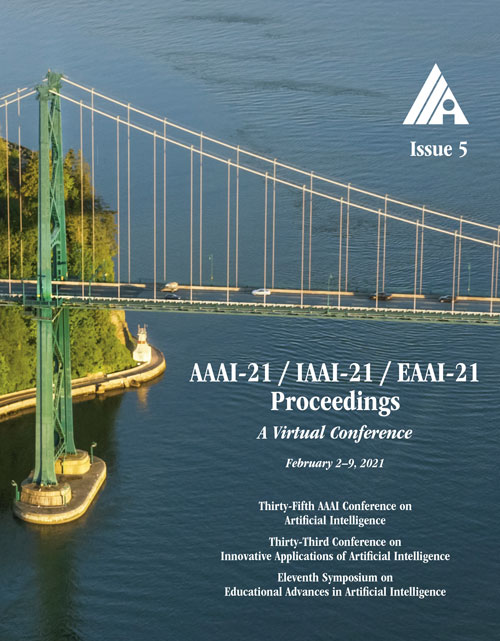Deep Transfer Tensor Decomposition with Orthogonal Constraint for Recommender Systems
DOI:
https://doi.org/10.1609/aaai.v35i5.16521Keywords:
Recommender Systems & Collaborative FilteringAbstract
Tensor decomposition is one of the most effective techniques for multi-criteria recommendations. However, it suffers from data sparsity when dealing with three-dimensional (3D) user-item-criterion ratings. To mitigate this issue, we consider effectively incorporating the side information and cross-domain knowledge in tensor decomposition. A deep transfer tensor decomposition (DTTD) method is proposed by integrating deep structure and Tucker decomposition, where an orthogonal constrained stacked denoising autoencoder (OC-SDAE) is proposed for alleviating the scale variation in learning effective latent representation, and the side information is incorporated as a compensation for tensor sparsity. Tucker decomposition generates private users and items' latent factors to connect with OC-SDAEs and creates a common core tensor to bridge different domains. A cross-domain alignment algorithm (CDAA) is proposed to solve the rotation issue between two core tensors in source and target domain. To the best of our knowledge, this is the first work in Tucker decomposition based recommendations to use deep structure to incorporate the side information and cross-domain knowledge. Experiments show that DTTD outperforms state-of-the-art related works.Downloads
Published
2021-05-18
How to Cite
Chen, Z., Xu, Z., & Wang, D. (2021). Deep Transfer Tensor Decomposition with Orthogonal Constraint for Recommender Systems. Proceedings of the AAAI Conference on Artificial Intelligence, 35(5), 4010-4018. https://doi.org/10.1609/aaai.v35i5.16521
Issue
Section
AAAI Technical Track on Data Mining and Knowledge Management

